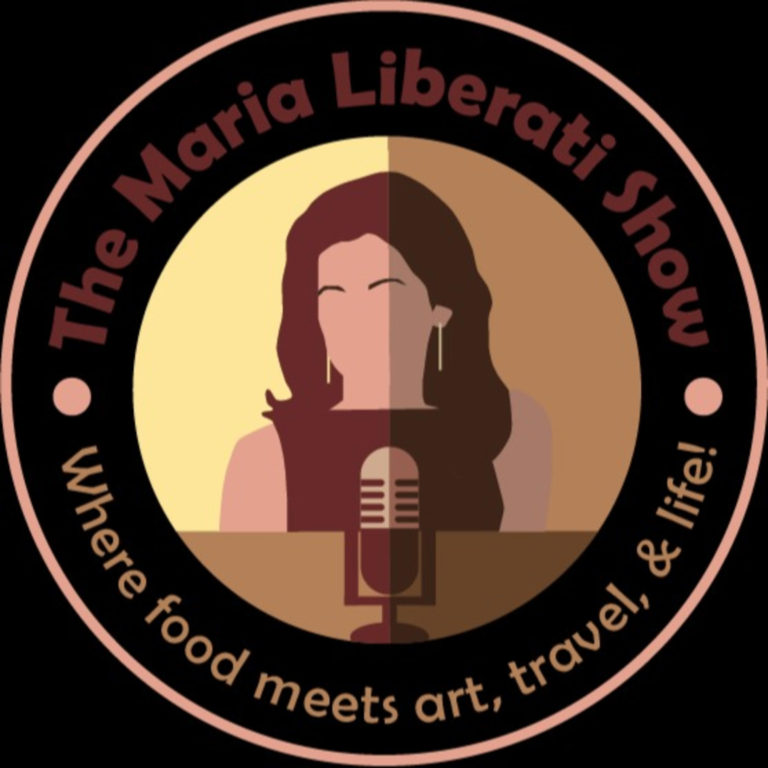copyright 2021 Art of Living, PrimaMedia,inc
Let’s be honest, when it comes to food, few things tickle the taste buds quite the way fried foods do. Of course, by the time you’re done you’re usually left with a decent amount of cooking oil and grease that you’ll need to clean up. Oil and grease aren’t supposed to go down drains though, so how do you dispose of it?
Let it Cool
The first thing you need to do is to let the oil or grease cool off. Most frying is best done when the oil is between 350-365 degrees Fahrenheit. If oil or grease at that temperature were to splash you while you were disposing of it, you could suffer serious burns more quickly than you could get it off of you. It’s much safer to let the oil or grease cool off before moving to dispose of it. Additionally, if you’re pouring it into a glass container, you’ll run less of a risk of shattering the glass when hot oil or grease contacts relatively cool glass.
Pour into a Closed Container
Once the oil or grease has cooled, pour it into a container that you can then close up. You might be tempted to think that you could just pour it down the drain if you only have a small amount, but that would be a mistake. No amount of oil or grease should ever be poured down the drain. Some grease can solidify in your pipes and cause serious clogging issues. Once the clog forms, you’ll need to call a plumber to fix it, resulting in a costly and entirely unavoidable plumbing bill. It’s far better to pour it into a container instead.
Dispose of It
Once in the container, it’s time to choose a method to dispose of it. There are a lot of options to choose from that don’t involve pouring it down a drain. Depending on how clean the oil still is, you could store it for future use. If you make your own compost and are using 100% vegetable oil, you can add small amounts to your compost. Small amounts will attract earthworms that can aid in your composting efforts, but too much can attract unwanted creepy crawlies. If you added animal fat or used it to cook meat, find another option, since that can attract pests. You can mix it with different absorbent materials and throw it away, which can be a great option if you have cat litter you need to dispose of too.
After you finish using cooking oil, it’s important to dispose of the leftover oil and grease properly. Make sure you let it cool before pouring it into a closed container. At that point, you can choose a disposal method that works well for you. Just don’t dump it down the drain. Your plumbing will thank you, and so will your wallet.
Read this next: How to Teach Your Kids to Stay Safe in the Kitchen

Foodie, traveler, and art enthusiast? Immerse yourself in “The Maria Liberati Show,” where Gourmand World award-winning author/ chef Maria Liberati explores the world through the lens of food, culture, and art.
Join Maria as she engages fascinating guests in lively conversations about:**
Culinary experiences and traditions from around the globe.
The connections between food, wine, art, and literature.
The unique stories and inspirations behind people’s food journeys.
What food means to them personally and culturally. Learn how food connects us all!
Author Annie Guest joins Maria to explore small changes and decisions you can make in your home that will make a big difference on your mood and perspectives!
Enter, ”The Maria Liberati Show,” based on her travels, as well as her Gourmand World Award-winning book series, ”The Basic Art of Italian Cooking,” and ”The Basic Art of…” Find out more on https://www.marialiberati.com
—–
music: ”First Day of Spring” by David Hilowitz – available via Creative Commons Attribution-ShareAlike 4.0 https://creativecommns.org/licenses/by-sa/





